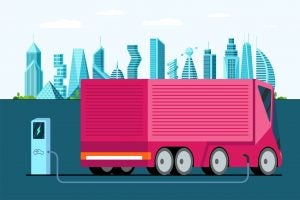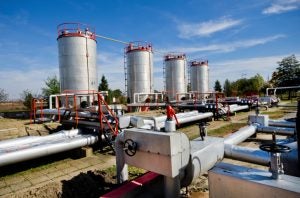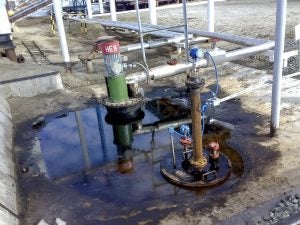 California is moving fast to replace dirty, gas-guzzling heavy-duty vehicles with cleaner, electric choices as a way to combat air pollution and climate change.
California is moving fast to replace dirty, gas-guzzling heavy-duty vehicles with cleaner, electric choices as a way to combat air pollution and climate change.
Both fleets and electric utilities need to rethink the way they build the charging stations needed to power these vehicles. Charging stations should be as affordable as possible, and help electric vehicles integrate more renewable energy into the grid. The California Public Utilities Commission is working with stakeholders to set out key guidelines, targets and metrics to reach those goals. This process, known as the Transportation Electrification Framework, is unquestionably a step in the right direction, but in order to maximize its impact there are some key things the CPUC should keep in mind.














